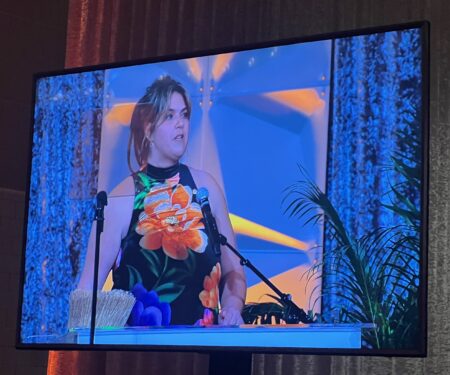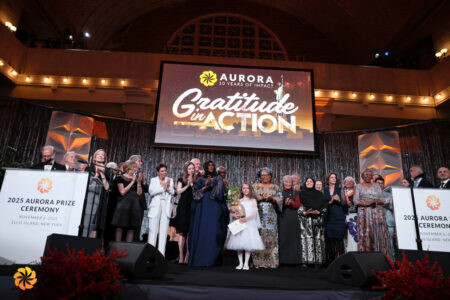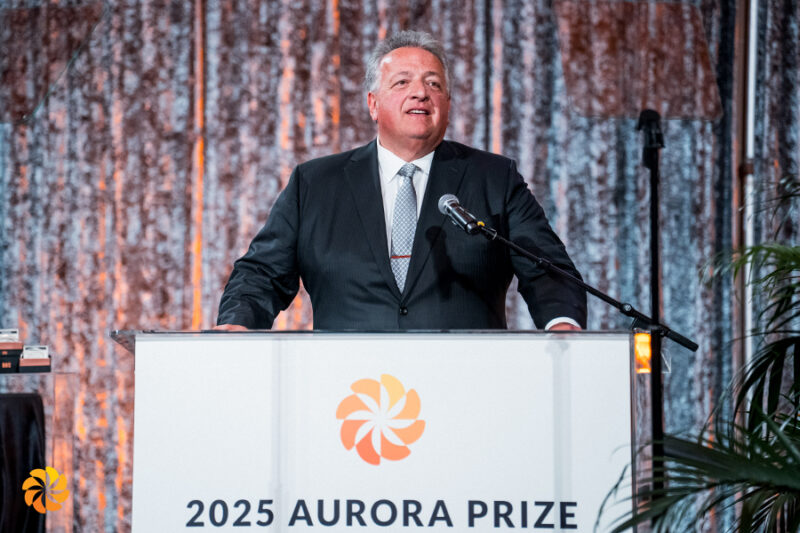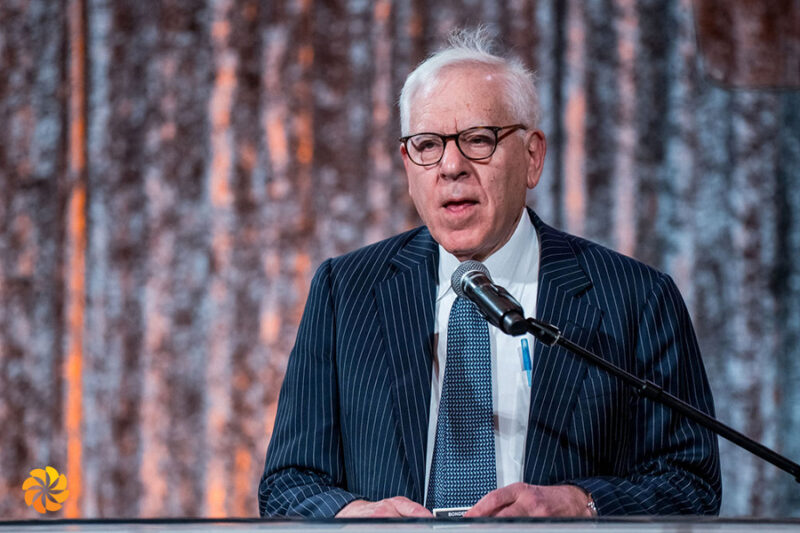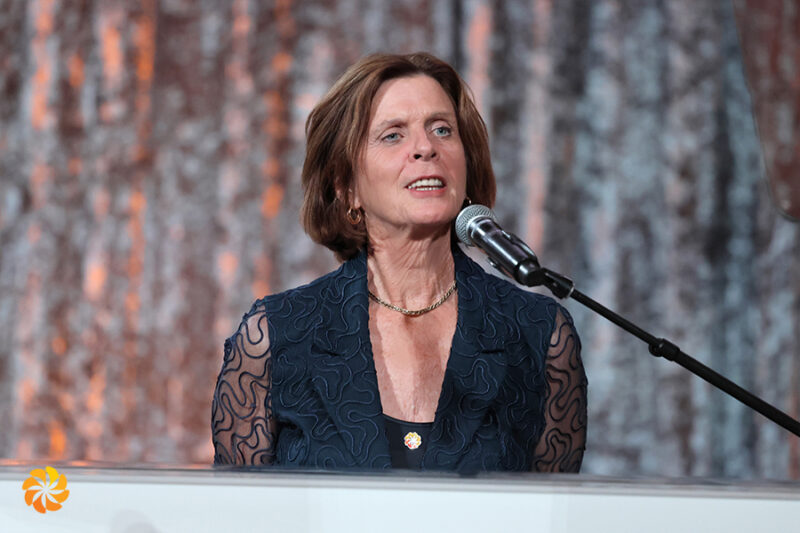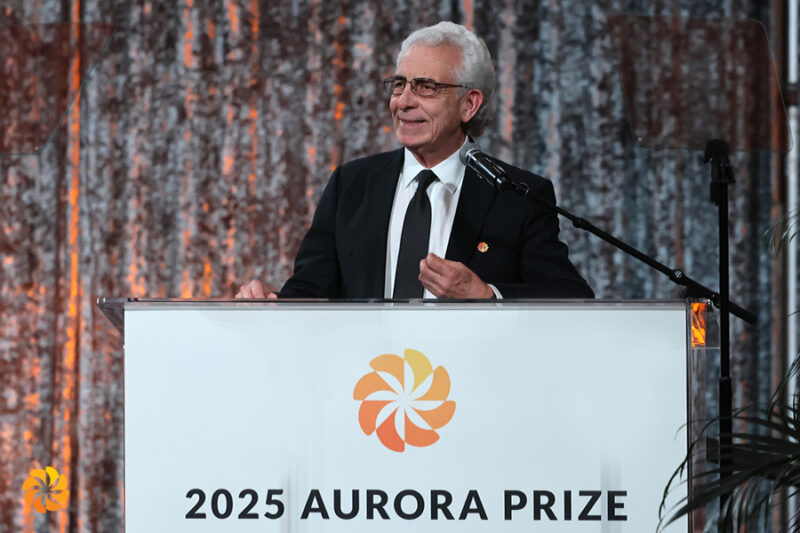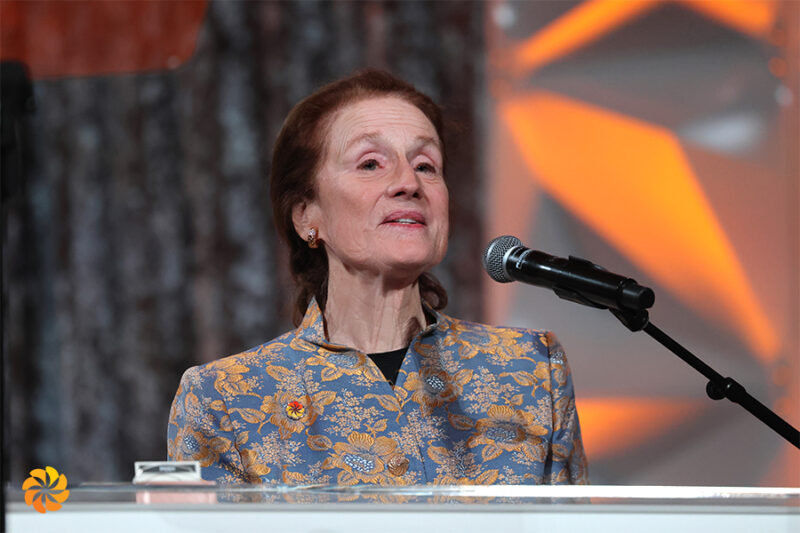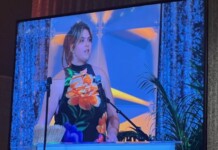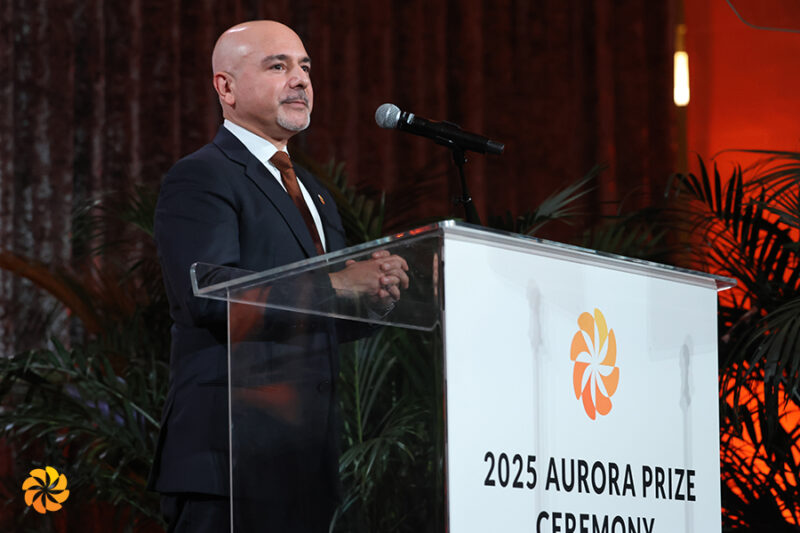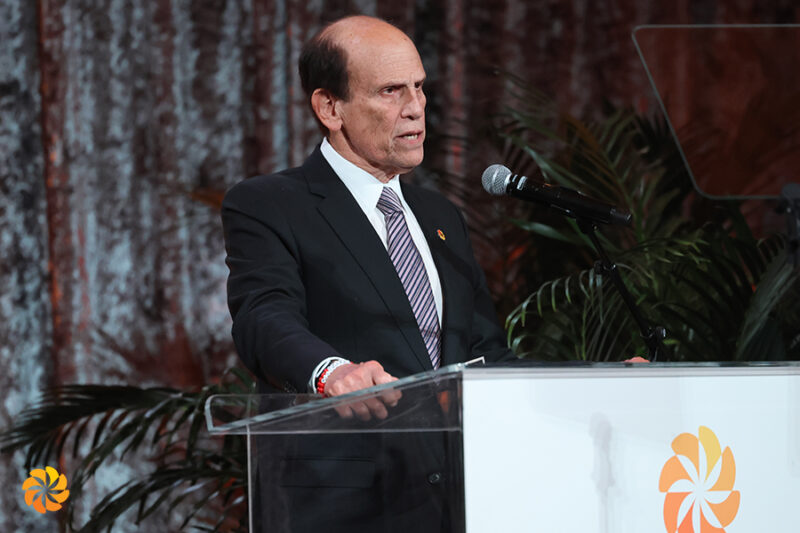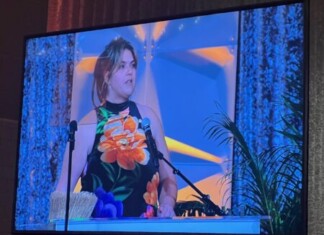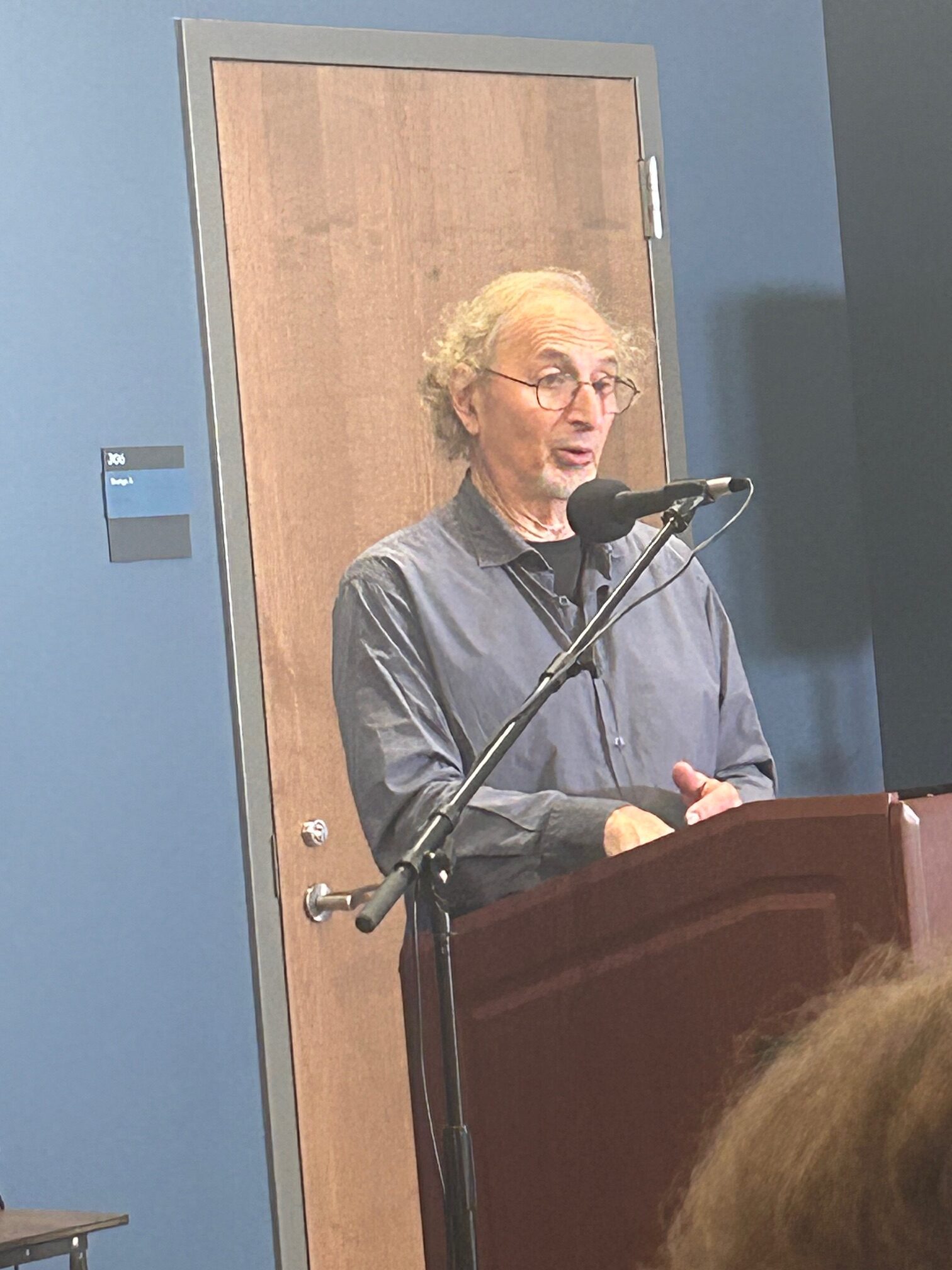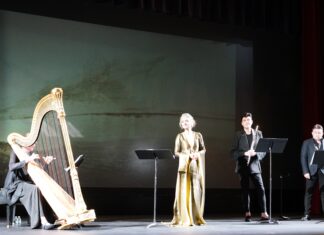NEW YORK — On November 6, the halls of Ellis Island served as the venue for the 2025 Aurora Prize Ceremony celebrating a decade of impact. The event honored this year’s Aurora Humanitarians, who risk themselves to save others, and paid tribute to remarkable honorees — philanthropists who embody Aurora’s core value of “Gratitude in Action.”
Filled with moving speeches and unforgettable performances, the evening culminated in the announcement of Dr. Jamal Eltaeb as the 2025 Aurora Prize Laureate.
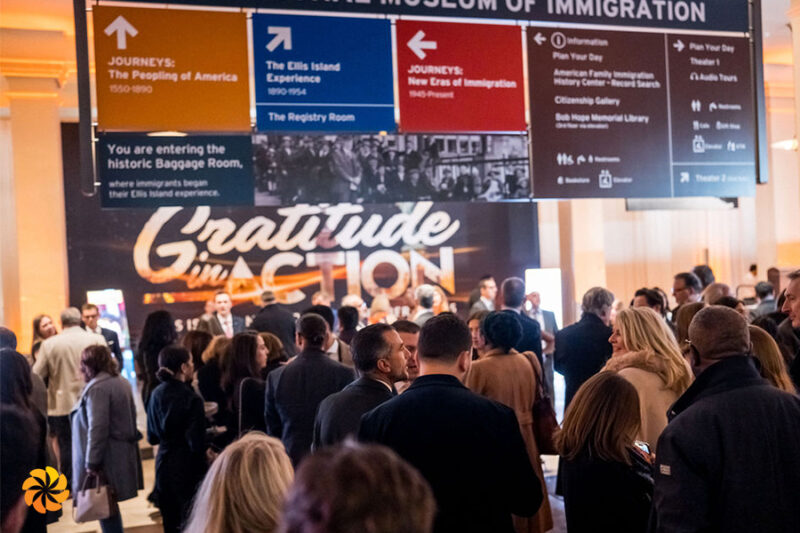
Before the ceremony, guests gathered in the Baggage Room for an immersive welcome reception. The space came alive with digital storytelling and curated activities, from signing Aurora’s Pledge to sending postcards with messages of hope. As the reception drew to a close, the guests moved to the Registry Room, followed by volunteers carrying the flags of the Aurora Prize Laureates’ and 2025 Aurora Humanitarians’ home countries, highlighting Aurora’s growing global community.
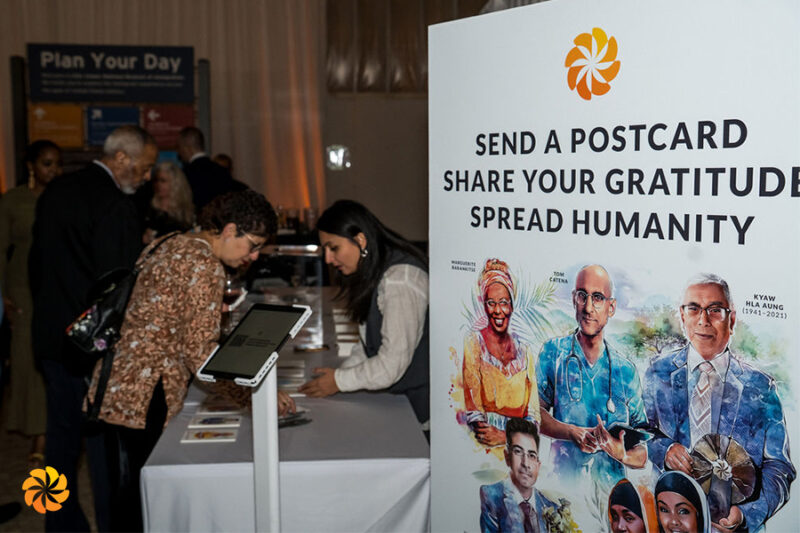
The ceremony opened with a moving reflection on Aurora’s founding story, its enduring mission, and the deep symbolism of gathering on Ellis Island, a historic gateway for those seeking hope and new beginnings. “For me, this place holds special meaning. My grandparents, Hovsep Ignatius and Elisa Jamgochian, arrived at the Port of New York as Armenian immigrants,” David Ignatius, ceremony host, bestselling author, and columnist of the Washington Post, noted in his opening address. “Today is a special day of remembrance for me in one more profound way. My father, Paul Ignatius, who rose from being a child of immigrants to Secretary of the Navy, died peacefully at his home in Washington this morning, surrounded by his family. He very much wanted me to be here for Aurora’s Ceremony, which he cherished.”
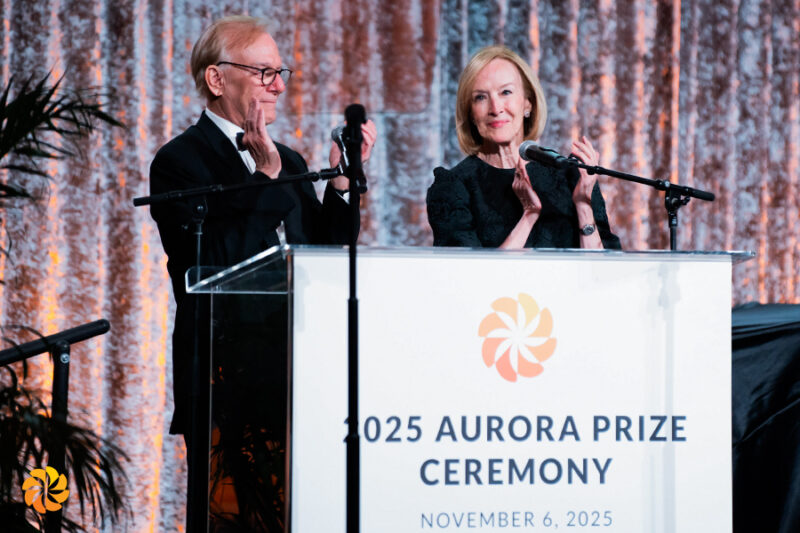
Co-host Judy Woodruff, award-winning journalist and former PBS NewsHour anchor, also reflected on the evocative setting: “Millions of American stories like David’s began right here in this very room. But this isn’t just our history. We have with us this evening a gentleman who himself came through Ellis Island as a child.” She then welcomed Vahik Petrossian, whose presence offered a deeply moving reminder of how recent and personal that history remains.
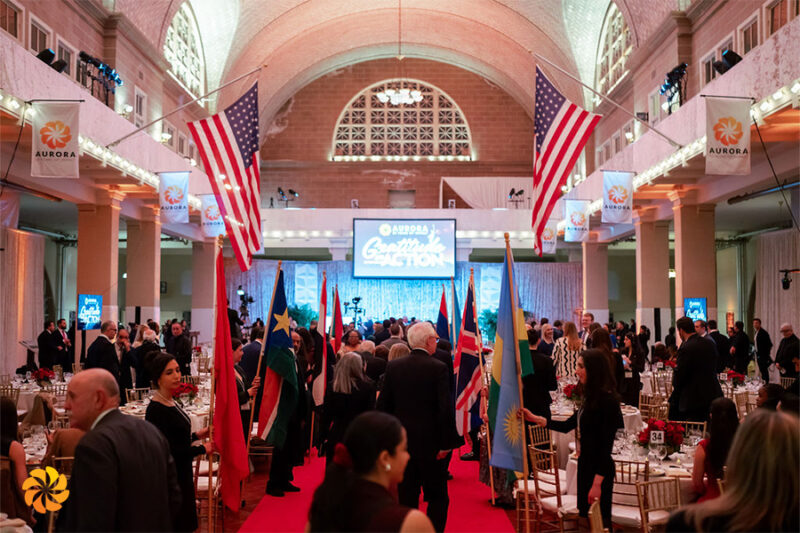
Turning to the origins of the Aurora Humanitarian Initiative, Woodruff continued, “One hundred and eight years ago this week, a 16-year-old girl who survived the horrors of the Armenian Genocide arrived in the United States in search of a new beginning. She was Aurora Mardiganian, the namesake of the Aurora Humanitarian Initiative.”
